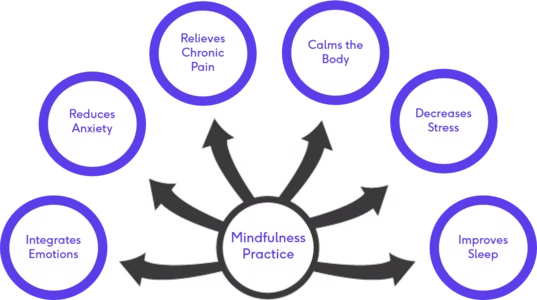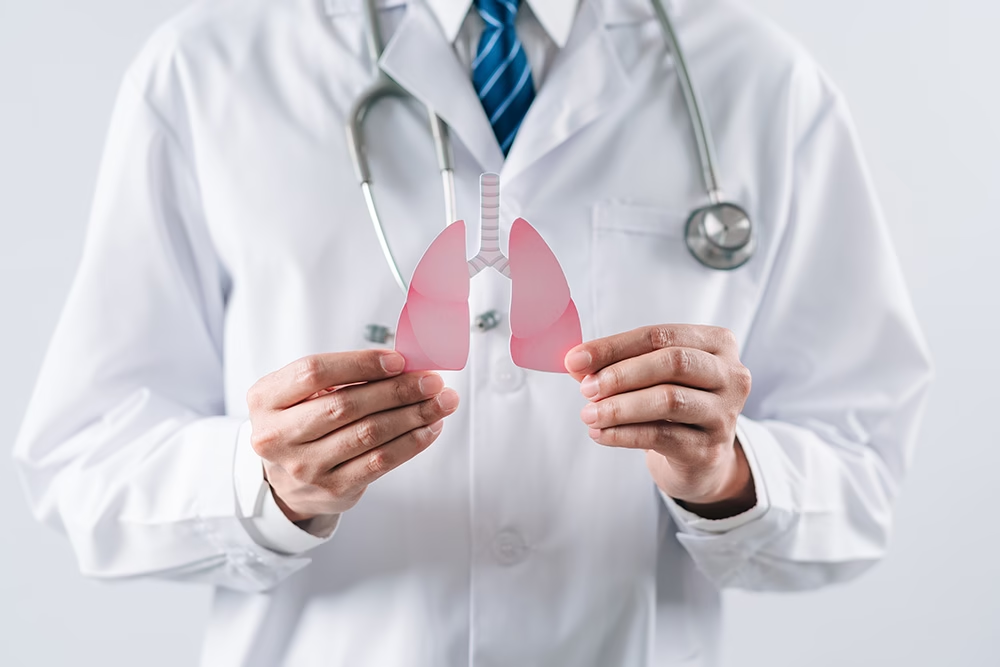Discover surprising health benefits of relaxation! Learn how relaxing improves your body, boosts immunity, reduces stress, and more.
In todays fast-paced world , leisure frequently seems more like a luxury than a need. But according to science, taking some time to unwind has significant, long-lasting impacts on your body and general health, not just on how you feel right then and there. We explore how relaxing can change your body in this book, and we offer practical advice on how to make relaxation a regular part of your life.
The Science of Relaxation
Relaxation is a physiological state that inhibits the stress reaction; it goes beyond simply sitting still. Your body releases stress chemicals like cortisol and adrenaline when you are under stress, triggering the “fight or flight” response. Chronic stress can have negative consequences over time, such as:
- Elevated blood pressure
- Reduced ability to fight
- Poor digestion
- Disturbances in sleep
The parasympathetic nerve system, sometimes referred to as the “rest and digest” system, is triggered when you relax. This change encourages your body to repair, restore, and balance.

Surprising Health Benefits You Didn’t Know
1. Improve Heart Health
By lowering blood pressure and pulse rate, relaxation enhances cardiovascular health. Meditation and deep breathing are two techniques that have been demonstrated to lower the risk of heart disease.
| Relaxation Technique | Effect on Heart Health |
|---|---|
| Meditation | Lowers blood pressure by 10-15% |
| Tai Chi | Improves circulation |
| Deep Breathing | Reduces heart rate |
2. Improve Immune Response
Prolonged stress weakens the immune system, increasing your vulnerability to illnesses. By restoring immunological balance, relaxation strengthens the body’s defenses against disease.
3. Promotes Better Digestive Health
Your digestive system may be upset by stress, which can result in problems like constipation, bloating, or even irritable bowel syndrome (IBS). By relaxing the gut-brain axis, relaxation supports a healthy digestive system.
4. Reduce Chronic Pain
By lowering muscle tension and encouraging the release of endorphins, relaxation methods like progressive muscle relaxation and yoga can help people with chronic pain.
5. Improve the Quality of Sleep
Insomnia or restless sleep are frequently caused by stress. In order to prepare the body for restorative sleep cycles, relaxation helps calm the mind.
6. Reduces Stress Hormones
When you relax, your body lowers the production of cortisol, the stress hormone. Here’s what happens:
- Decreased anxiety: Relaxation practices like deep breathing reduce feelings of overwhelm.
- Improved heart health: Lower cortisol levels decrease blood pressure and heart rate.
7. Enhances Brain Function
Relaxation fosters mental clarity and improves cognitive function by reducing mental fatigue.
- Increased focus and memory retention.
- Better decision-making capabilities.
8. Promotes Emotional Well-being
Relaxation provides mental and emotional balance.
- Increases self-awareness and resilience.
- Reduces the risk of depression and anxiety disorders.
9. Boosts Energy Levels
Relaxation restores your body’s energy reserves, leaving you refreshed and revitalized.
- Encourages efficient energy usage.
- Reduces feelings of fatigue and burnout.
Simple Relaxation Techniques to Try
It doesn’t have to take a lot of time to incorporate relaxing into your routine. Here are some useful methods to get you going:
1. Deep Breathing
- Breathe deeply and slowly via your mouth and nose while sitting comfortably.
- To concentrate your thoughts, pay attention to how your breath feels.
2. PMR, or progressive muscle relaxation
- Starting from your toes and working your way up, tense and then relax every muscle in your body.
- This method promotes mindfulness and eases bodily strain.
3. Meditation and Mindfulness
- Every day, set aside five to ten minutes to concentrate on the here and now while letting go of worries and judgment.
- Beginners can be guided by apps such as Calm or Headspace.
4. Physical Activity
- Gentle exercises like yoga, tai chi, or even a leisurely walk can help release tension and promote relaxation.
5. Creative Activities
- Engaging in hobbies such as painting, knitting, or gardening can act as a meditative outlet for stress relief.
Tips for Making Relaxation a Habit
Set a Timetable: Set aside particular periods of time every day for rest. It might only take ten minutes.
Create a Relaxing Environment:: To improve your relaxation, use relaxing music, soft lighting, or peaceful aromas.
Limit Screen Time: You can assist your mind relax by limiting the amount of time you spend in front of devices before bed.
Remain Consistent: To reap the long-term rewards of relaxing, consistent practice is essential, just like with any other habit.
Final Thoughts
More than just a brief reprieve from the stresses of life, relaxation is essential to general health and wellbeing. You may uncover a healthier, more balanced version of yourself by realizing its transforming power and implementing easy strategies into your everyday routine.

